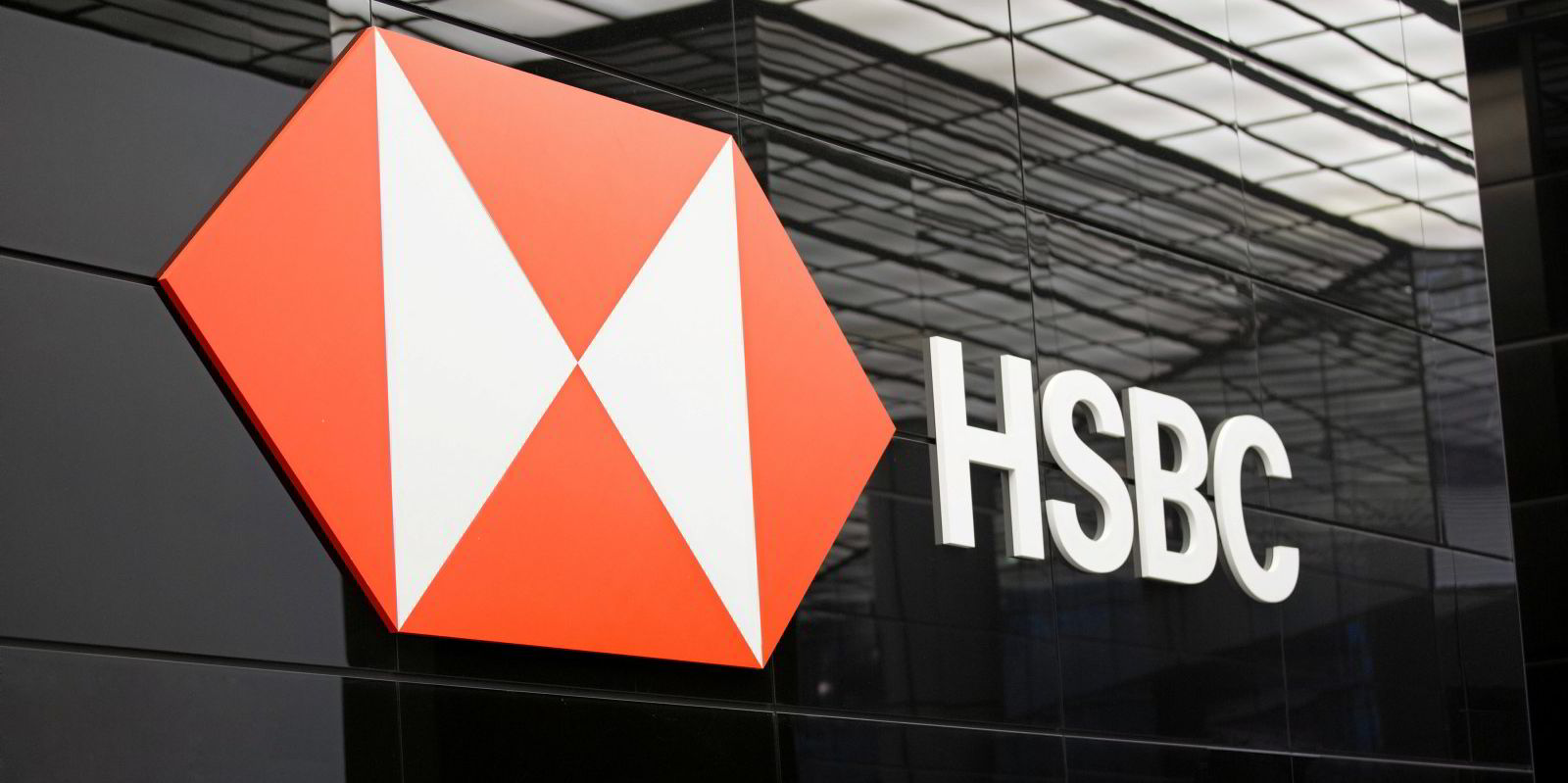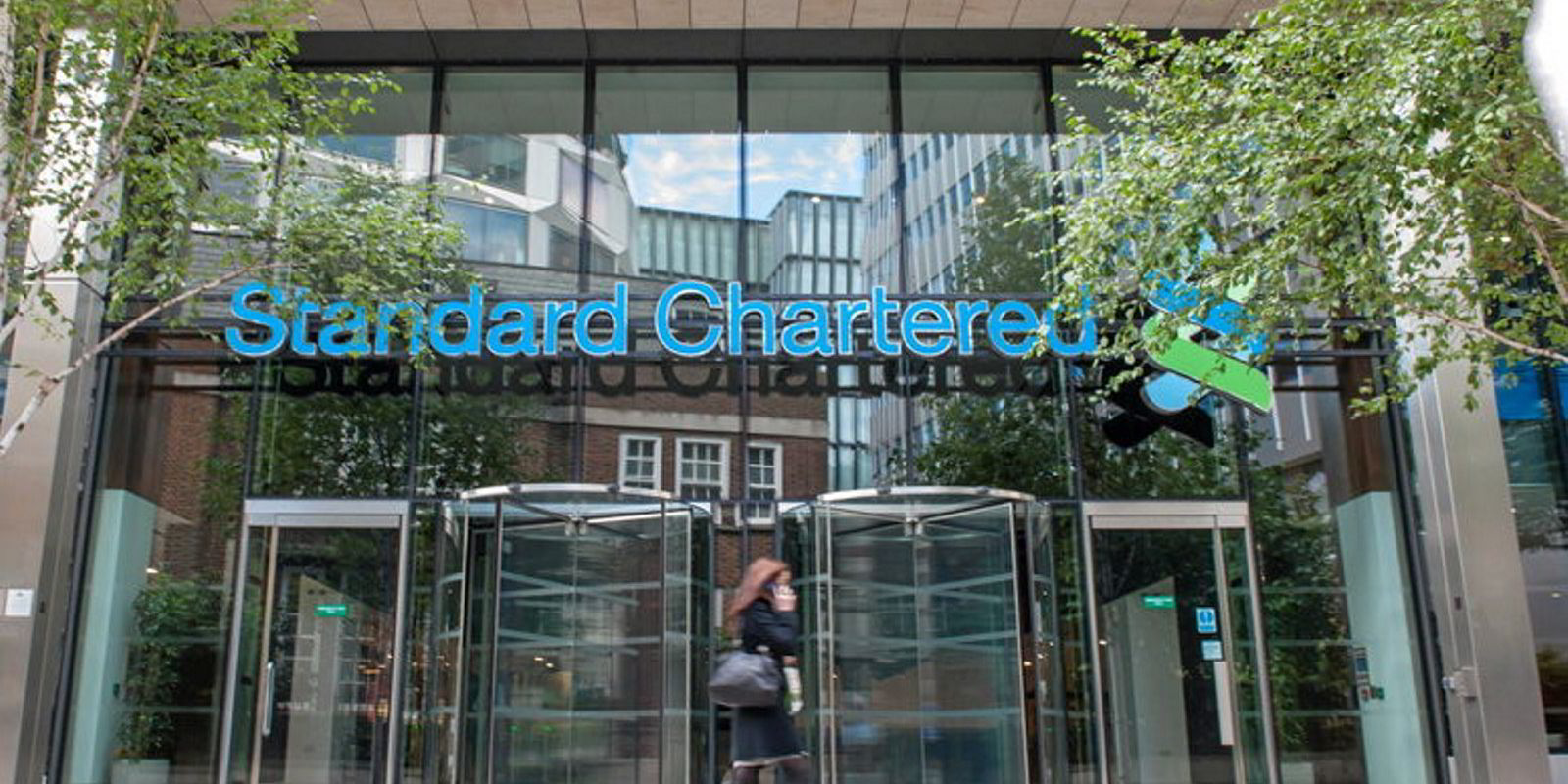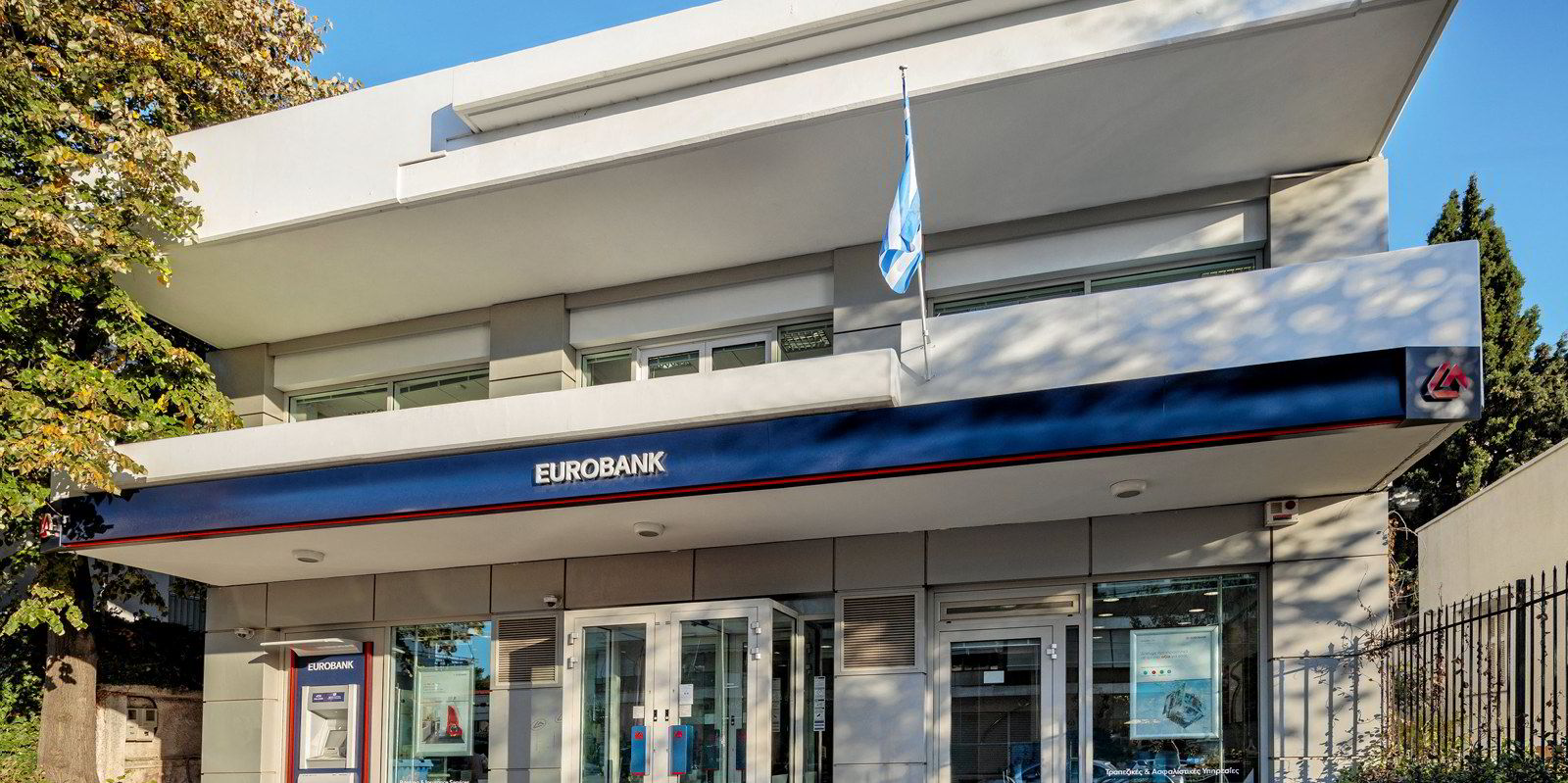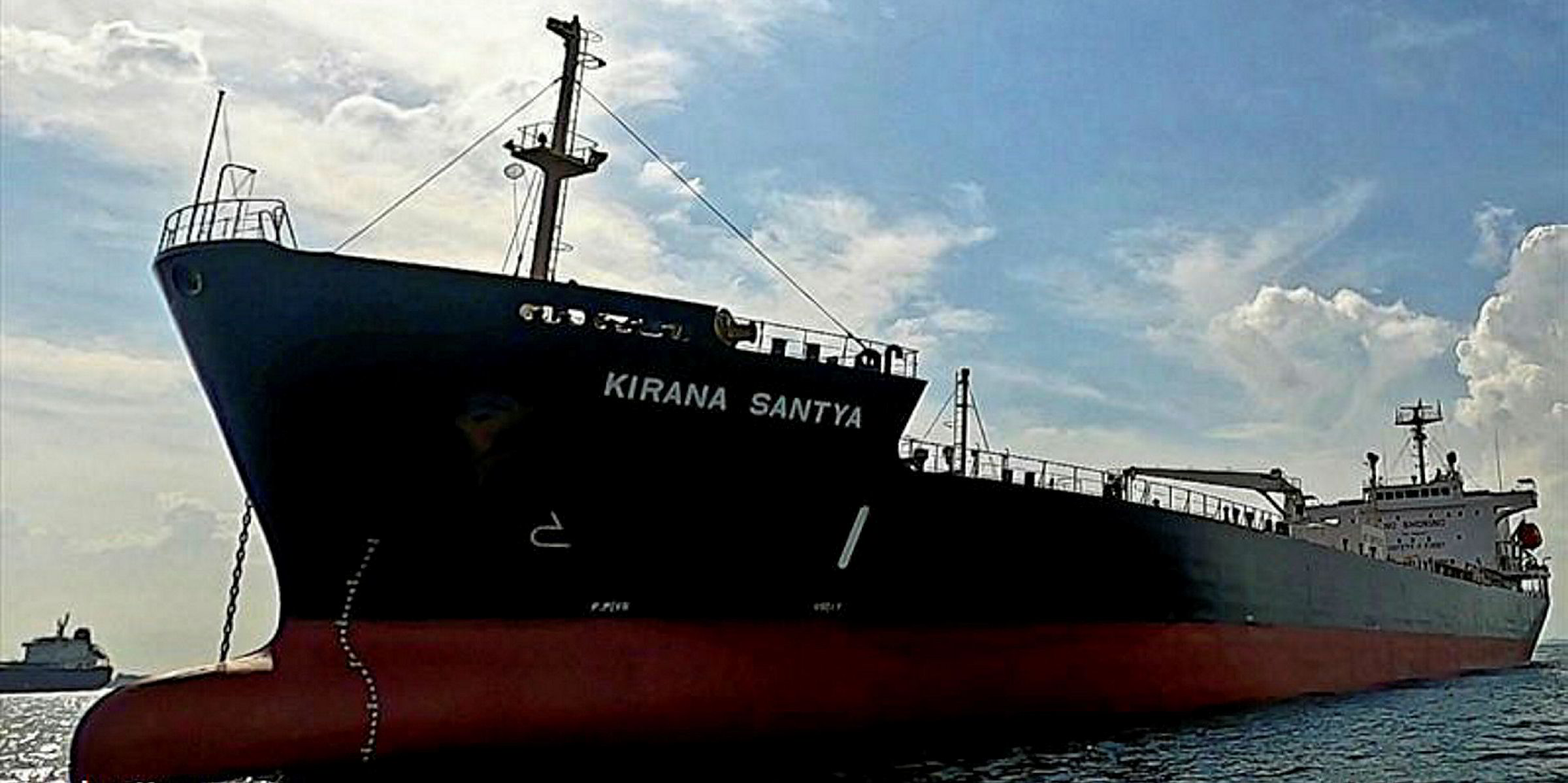HSBC has been steadily lowering its exposure to Greek shipping, selling off loans to other lenders or letting outstanding business expire, according to several shipping and ship finance players in Athens.
“I’d say that it’s as good as confirmed,” said one banking executive who has been approached by Greek HSBC clients to refinance credit.
HSBC announced early last year that it had agreed to sell its entire Greek branch network and the retail and corporate business that goes with it, to Pankritia — a small regional lender led by local banking veteran Michael Sallas.
Nevertheless, shipping was understood to be excluded from the deal, with HSBC offering its local shipping staff to continue managing the Greek loan book out of London.
However, that transition does not seem to have gone smoothly and HSBC is said to have shed considerable parts of that portfolio over the next few months.
Petrofin Research estimated its size at the end of 2021 at $2bn, representing 4% of the entire Hellenic ship finance market.
Greeks are believed to be HSBC’s single biggest category of shipping clients.
A part of the portfolio is said to have been sold to Piraeus Bank, one of Greece’s four large lenders.
A local ship finance observer said that Pankritia may also have picked up some HSBC loans. The same is said of Dutch shipping lender ABN Amro.
A second source contacted by TradeWinds was careful to point out that HSBC’s retrenchment is an orderly procedure, without any sign of a firesale.
“What’s happening is that parts of the portfolio are sold piecemeal to other banks,” he said.
“There are no distressed sales, nothing is sold at a discount to other banks or back to owners,” that source added.
That chimes with other information received from a shipowner with an ongoing HSBC loan, who said he has no knowledge of his credit facility having been flipped to another lender.
However, a general sense of retrenchment and lack of new business is unmistakable.
“They used to do the odd transaction, now they’re doing nothing,” the first source said.
HSBC’s press office did not respond to a request for comment, which only adds to the head-scratching in Athens about the lender’s moves.
“This has been a surprise because the Greek portfolio was very profitable and it contained no problem loans — it’s hard to see on what criteria this all happens,” one ship-finance veteran said.
‘Financed emission’ targets
Some suspect that HSBC might have been frustrated in its attempt to combine shipping loans with lucrative wealth management out of Greece.
However, the reason suspected by most is tighter environmental rules.
In its latest earnings release in late October, HSBC included shipping in a range of activities for which it would soon set “financed emissions” targets — bank speak for the carbon that borrowers produce.
HSBC, which aims at net-zero financed emissions by 2050, has already adopted interim 2030 financed emissions targets for the oil, gas, power and utility sectors.
Given tighter capital adequacy rules for banks, shipping’s cyclical nature and the public-relations risk posed by some aspects of the business — from scrapping to carbon output — it should not come as a surprise if some big banks curb their maritime exposure.
“If shipping isn’t a core activity for you or you have no historical ties to the business, it’s very easy to say ‘why bother’,” the banking executive said.
Such motives could be behind a possible HSBC strategy to sell parts of the shipping loan book that are not sustainability-linked or that concern older ships, whose environmental performance is considered inefficient.
Greek lenders welcome business
Greek lenders are probably happy to lay their hands on such business. Other European banks might regard shipping as one of the riskiest investments but it is one of the safest and most coveted for Greek lenders.
Greek lenders also seem to be more relaxed about environmental aspects.
No Hellenic bank, nor HSBC itself, are among the 30 signatories of the Poseidon Principles — a global framework that aims to align carbon emissions in the shipping industry with the international targets set by the United Nations.
Piraeus has not announced any purchase of HSBC loans yet.
According to Piraeus’ latest earnings presentation, the volume of its shipping loans increased to €2.5bn ($2.69bn) at the end of September from €2.1bn at the beginning of 2022, making up 7.6% of its entire domestic loan portfolio.







